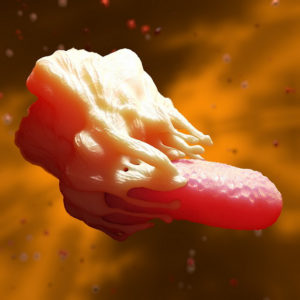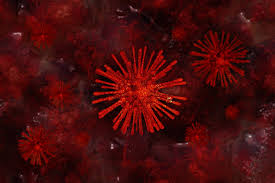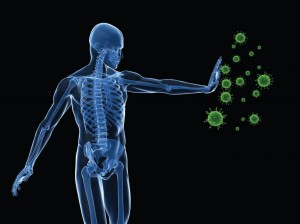The momentum of a cancer’s attack can be used against the cancer, say scientists who practice a form of molecular judo. Instead of directly blocking the action of cancer-causing genes, the scientists use this action against cancer cells, throwing them off balance. Committed to a super-stimulated state, cancer genes can’t help but generate a super-abundance of proteins, which pile up, unfolded, overwhelming the cancer cells’ protein-processing machinery, triggering a stress response, and—finally—bringing the cancer cells down.
This counterintuitive strategy was not developed in a dojo. Rather, it emerged from a drug development program at Baylor College of Medicine. The program had started in the usual way, searching for compound that could inhibit oncogenes, in this case, members of the steroid receptor coactivator (SRC) family of oncogenes. But then two Baylor scientists, David Lonard, Ph.D., and Bert O’Malley, M.D., hit upon an unconventional idea: What if they overstimulated SRC oncogenes? Why not look for drugs that would overload, not squeeze, key signaling pathways? This alternative disruption, Drs. Lonard and O’Malley reasoned, could also kill cancer cells.
To test this idea, the scientists screened hundreds of thousands of compounds to identify a potent SRC activator called MCB-613. Then the scientists tested the drug, a small molecule stimulator (SMS), in a mouse model of breast cancer.
The results appeared August 10 in the journal Cancer Cell, in an article entitled, “Characterization of a Steroid Receptor Coactivator Small Molecule Stimulator that Overstimulates Cancer Cells and Leads to Cell Stress and Death.” This article reported that when the researchers administered MCB-613 to 13 mice with breast cancer, the drug candidate almost completely eliminated tumor growth without causing toxicity, whereas tumors continued to grow by about threefold over seven weeks in the control group of 14 mice.
The article also described MCB-613’s mechanism of action: super-stimulated transcriptional activity. Essentially, MCB-613 killed cancer cells by causing the accumulation of unfolded proteins in a cell structure called the endoplasmic reticulum (ER). To support their rapid proliferation, cancer cells must synthesize a large number of proteins, putting a strain on the ER to keep up with its heavy workload of properly folding proteins.
“Further investigation revealed that MCB-613 increases SRCs’ interactions with other coactivators and markedly induces ER stress coupled to the generation of reactive oxygen species (ROS),” wrote the article’s authors. “Because cancer cells overexpress SRCs and rely on them for growth, we show that we can exploit MCB-613 to selectively induce excessive stress in cancer cells.”
Overstimulation of SRCs places extra demands on the ER when it is already operating at maximum capacity, causing the accumulation of a large number of unfolded proteins. This triggers a cell stress response that in turn causes the build-up of toxic molecules called reactive oxygen species.
The authors also reported that their compound killed human breast, prostate, lung, and liver cancer cells, while sparing normal cells.
“No prior drug has been previously developed or proposed that actually stimulates an oncogene to promote therapy,” said Dr. Lonard, one of the study’s co-senior authors. “Our prototype drug works in multiple types of cancers and encourages us that this could be a more general addition to the cancer drug arsenal.”
Taken together, the findings suggest that elevating SRC activity beyond the already high levels present in cancer cells further pressures their maximized stress response system and selectively kills them. In future studies, the researchers will continue to explore the mechanisms by which SRCs kill cancer cells and will screen for even better SRC activators. “We are optimistic that these drugs will eventually find their way into the clinic for use in patients,” added Dr. O’Malley, the study’s other co-senior author.







